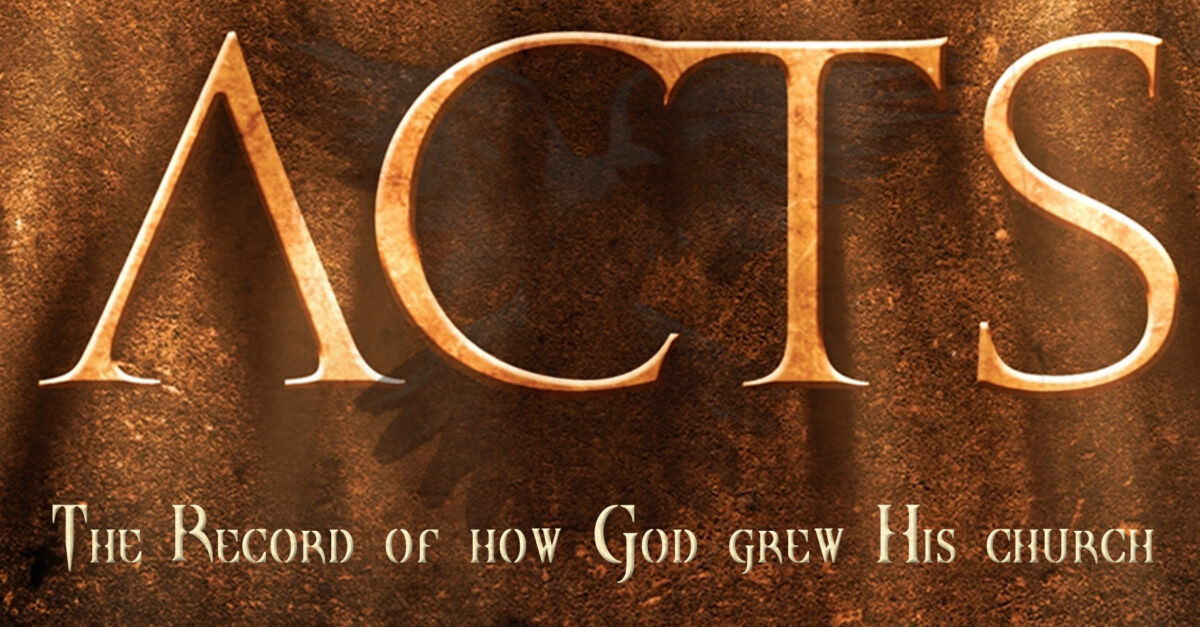Sometimes I think Martha gets a bad deal.
In Mark 10:38-42, Jesus visits the home of Martha, Mary, and their brother Lazarus. While Martha bustles around preparing food for their guest, Mary sits at Jesus’ feet, listening to him. When Martha complains that she’s doing all the work, Jesus says, “Martha, Martha, you are worried and bothered about so many things; but only one thing is necessary, for Mary has chosen the good part, which shall not be taken away from her” (Luke 10:42).
Most analyses of this passage end with the admonition to “be a Mary, not a Martha.” Women are especially plagued by this notion, often caveman-like in its simplicity: “Martha bad. Mary good.”
Now, I’m not contradicting Jesus here. Martha got it wrong—that time. But it doesn’t follow that Mary was a better person, or a more devoted follower of Jesus. Another Bible story offers a side-by-side view of Mary and Martha: the events leading to the raising of Lazarus in John 11.
A Different View of the Sisters
Jesus receives word that Lazarus is ill to the point of death. Instead of going to the aid of his friend, however, Jesus delays. When he finally does arrive, Lazarus has already died. The moment she learns of Jesus’ arrival, Martha rushes to him. In the midst of her grief, she makes a remarkable statement of deep faith: “Martha then said to Jesus, ‘Lord, if you had been here, my brother would not have died. Even now I know that whatever you ask of God, God will give you’”(John 11:21-22).
Where is Mary? In the house, mourning. She doesn’t come to Jesus until he calls for her (v. 29). She doesn’t make a great claim of faith like Martha. She isn’t there to hear one of Jesus’s most remarkable claims about himself, in verses 25-26: “I AM the resurrection and the life; he who believes in me will live even if he dies, and everyone who lives and believes in me will never die.”
Mourning is not a sin. Neither is housework. I’m not highlighting these events to turn people against Mary in favor of Martha. Both were devoted followers of Christ. Neither of them were perfect.
We Need Martha and Mary
Martha is a “doer.” She has a take-charge attitude, and she will do whatever needs to be done. But when the chips are down and there’s nothing left to do, she knows that she can turn to Jesus. She loves to serve others—we see her three times in the Gospels, serving every time. She speaks her mind. Martha is dependable. If you need Martha to be somewhere, she’s probably already there, getting things done.
Mary is a woman of few words. She is not a typical leader, but she is a devoted follower. She doesn’t offer the kind of service or action that other people do, but she does offer herself, and she’s capable of tremendously beautiful acts of worship.
We need both Marys and Marthas. Say there’s a death in your family. Mary will sit with you and put her arms around you while you weep. But you still have to eat. Martha’s the one who brings you food, and makes sure someone waters the plants and walks the dog. Both of them are loving you. You need them both.
I can easily spend an hour or more in devotions every morning. Sometimes I have to force myself to stop studying Scripture so I can get other things done. That sounds very holy and spiritual, doesn’t it? But what if it makes me late for work? What if guests are coming and Daniel is left to do all the cleaning himself? What if I really needed to take the car to the shop—and now there’s no time?
The issue isn’t only whether Jesus is a higher priority. Of course, he is. But Jesus would never want me to sit there reading all day while my house falls apart and my family feels abandoned. Devotion can be an excuse for laziness, and allowing my life to become that imbalanced would not please the Lord.
Worship in All Things
We are told in Scripture to do all things to the glory of God (1 Corinthians 10:31; Colossians 3:17). Is Christ less present in my life while I’m making the bed than when I’m reading the Bible? No. The life of the Christian should be characterized by worship in all things, not just obviously religious activity.
In Luke 10, Jesus doesn’t scold Martha for working around the house; that’s not the issue. The one necessary thing was attention and devotion to him. Mary could’ve been letting her mind wander while Jesus was speaking to her, just as Martha could’ve continued cooking and cleaning and setting a nice table as an honorable offering to Jesus.
But Martha expresses her frustrations with Mary, and that’s when Jesus rebukes her. Sitting at his feet isn’t holier than cooking in the kitchen. Jesus tells Martha not to worry about Mary, but to follow him while she cooks and cleans.
The Christian life is not a competition to see who the “best” Christian is. We all sin and fall short. Rather, it is a turning of all our earthly deeds and passions toward the Lord Jesus Christ. So if you’re a Martha, stay a Martha! She was no less devoted to Jesus than Mary. Love him in your work—do it with all your heart!
The good news of Jesus Christ is for all those who know their need for him. Mary is not our standard of living any more than the many other notable figures in the Bible story. I checked, and Hebrews 12:2 says quite clearly that it is Jesus who is the perfecter of our faith.
Whether you are a Martha or a Mary, look to Jesus, and follow him.



